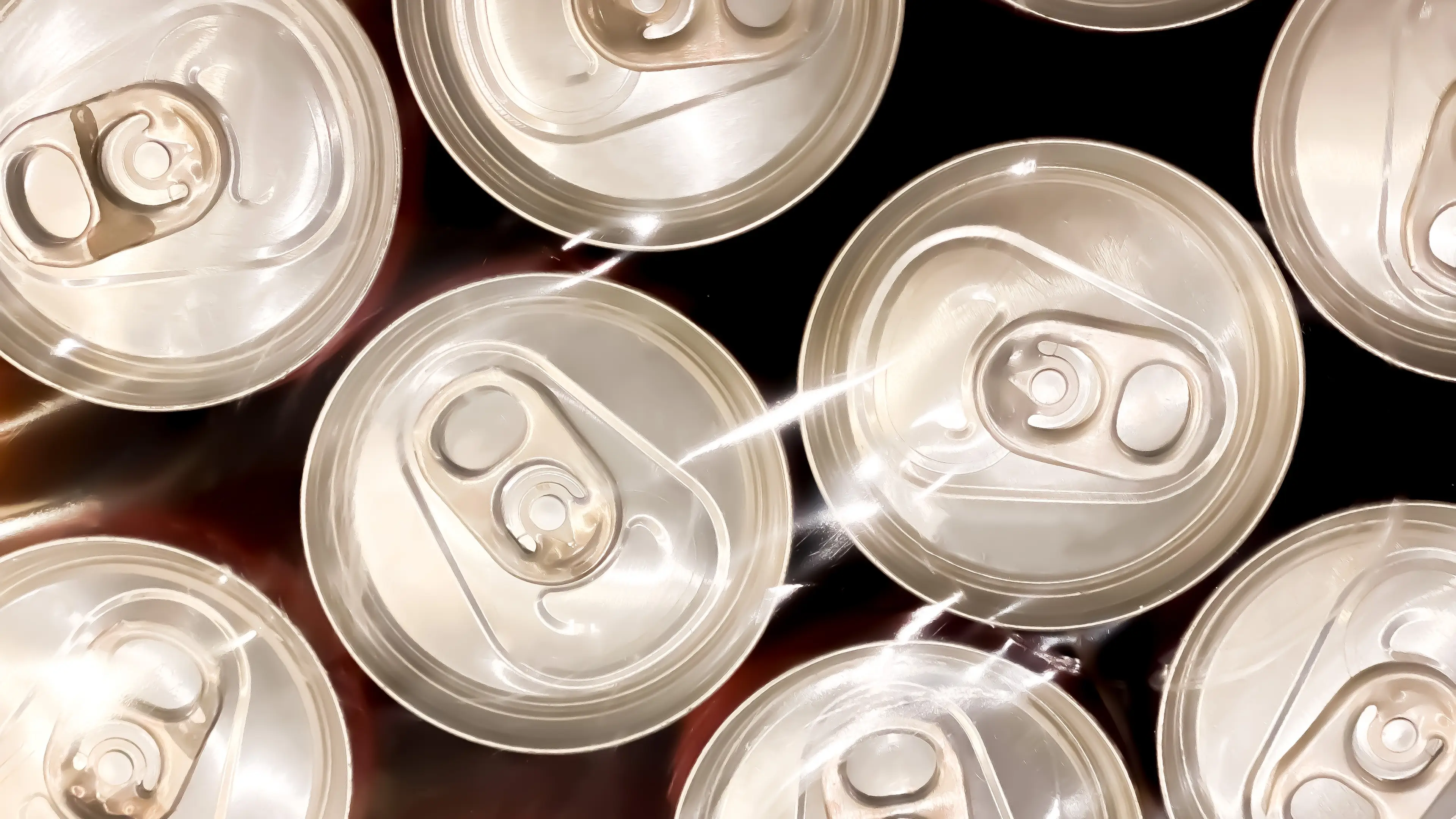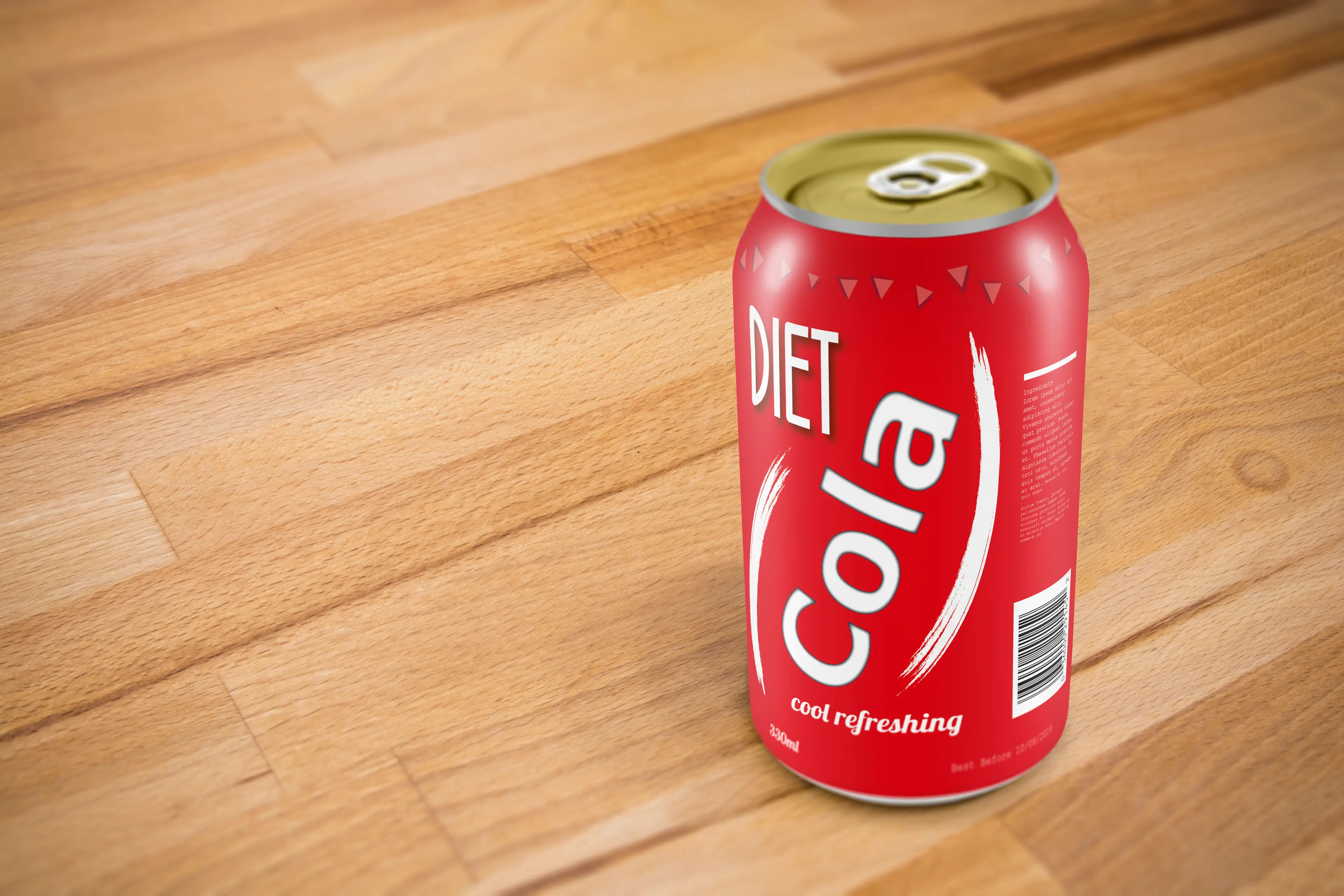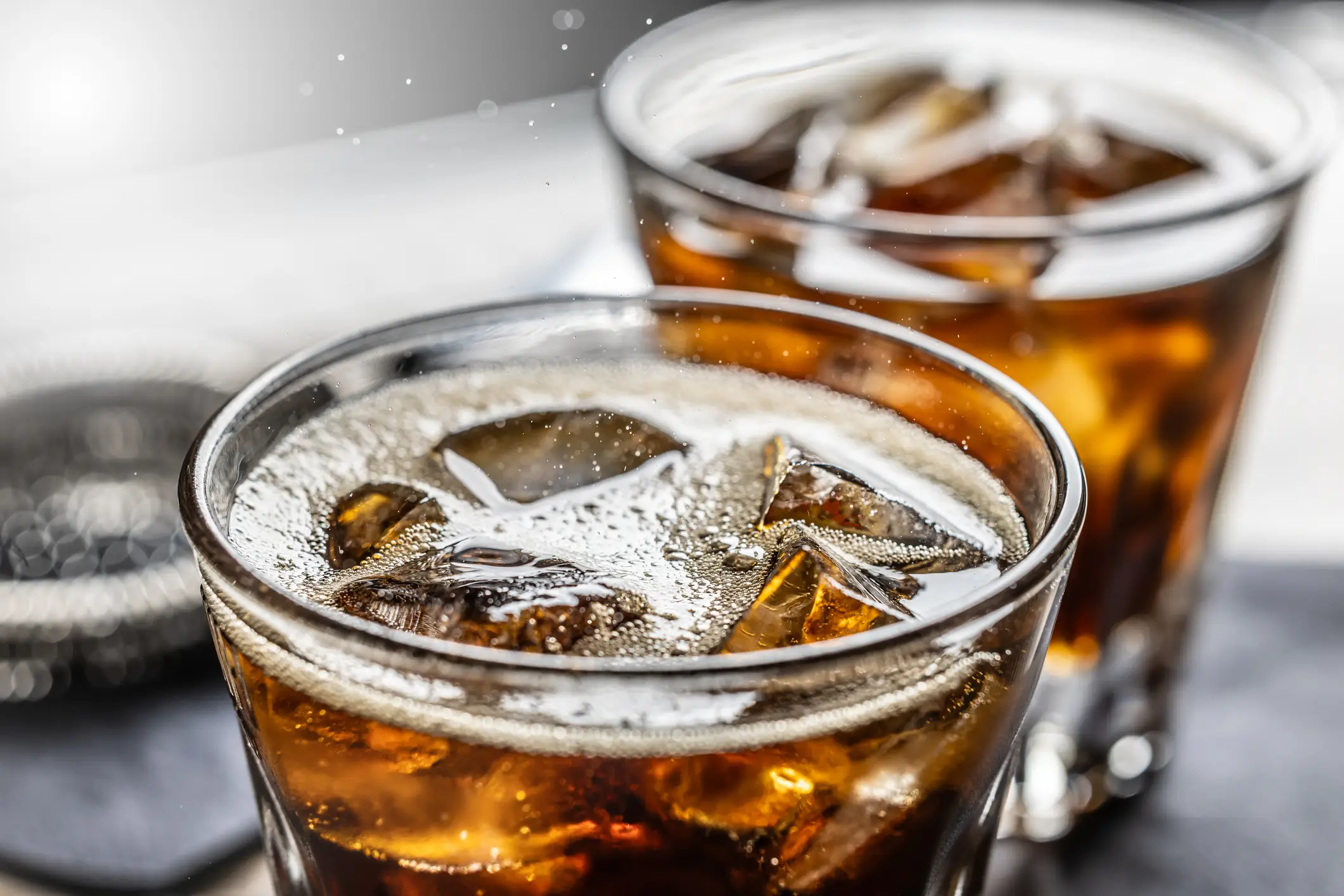
Having a cold fizzy drink on an evening or during a hot day is a feeling that you just can’t describe, but the consequences of drinking too much can be far too dangerous to ignore.
Of course, with so much sugar contained within the small package, it’s only natural that you’d instead choose its ‘healthier’ counterpart- the diet pop. But actually, this could be worse for you in the long run.
According to data presented at the United European Gastroenterology (UEG) Week 2025, data from 103,251 people who took part in the UK Biobank research had to provide answers on a questionnaire about what they consumed each day.
This included how much sugar products and non-sugar things they put inside of their bodies.
Advert
Sadly, the results were pretty shocking.

What came back was a finding that showed that of those who were drinking more than 250 grams of their drink a day, were more likely to develop a deadly disease.
Metabolic Dysfunction-Associated Steatotic Liver Disease (MASLD), previously known as Non-alcoholic fatty liver disease (NAFLD), was shown to be overwhelmingly more prevalent in people who consume these drinks. However, those who choose the no-sugar options were even more at risk of developing it.
For those who drink sugared pop, they were found to have a 50 per cent risk of getting MASLD, while those who opted for sweeteners were at a 60 per cent risk.
In a follow-up study ten years later, 949 people developed MASLD and 103 died from related causes. This is because fizzy drinks are connected to an increase in liver fat, which then can increase your risk of liver failure, diabetes, and heart disease.
According to the NHS, you might not even know you have it, and typically, it’s diagnosed when people go to see the doctor for other issues. The webpage also shares that you might begin to feel tired, generally unwell, or have liver pain or discomfort which is felt under the right side of your ribs.
However, you can dramatically lower your risk of developing it if you swap out your love of pop for water, but not fruit juice (even low sugar fruit juice).
The researchers wrote: “Our findings challenge the common perception that these drinks are harmless. They highlight the need to reconsider their role in diet and liver health, especially as liver disease emerges as a global health concern.
“The safest approach is to limit both sugar-sweetened and artificially sweetened drinks. Water remains the best choice as it prevents fat accumulation in the liver whilst hydrating the body.”
MASLD occurs when too much fat builds up in your liver, leading to liver scarring or end-stage liver disease.

According to Danbee Kim, MD, a nutrition expert and assistant professor at Rutgers New Jersey Medical School, even ‘healthy’ pop isn’t good for you.
They said as per Men’s Health: “Even beverages marketed as ‘natural’ or ‘health-oriented’ may still fall into this category if they rely on sweeteners instead of sugar.
“The key commonality is that they provide sweetness without significant calories. However, they may still affect liver health.”
As for why sweeteners can cause this, Lihe Liu, a graduate student researcher in The First Affiliated Hospital of Soochow University in China and lead author of the study told the outlet: “They can alter the gut microbiome, interfere with feelings of fullness, increase preference for sweet foods, and in some cases stimulate insulin secretion.”
“You’re basically tricking your body,” he said. “Your body still reacts as if it has sugar.”
This leads to your body producing more insulin so your liver takes more sugar from your bloodstream, disrupting the metabolism.
“Some artificial sweeteners may alter how the body handles glucose and insulin, contributing to insulin resistance, which is a key driver of metabolic dysfunction and fat accumulation in the liver,” Kim added.
Topics: Food and Drink, Health
